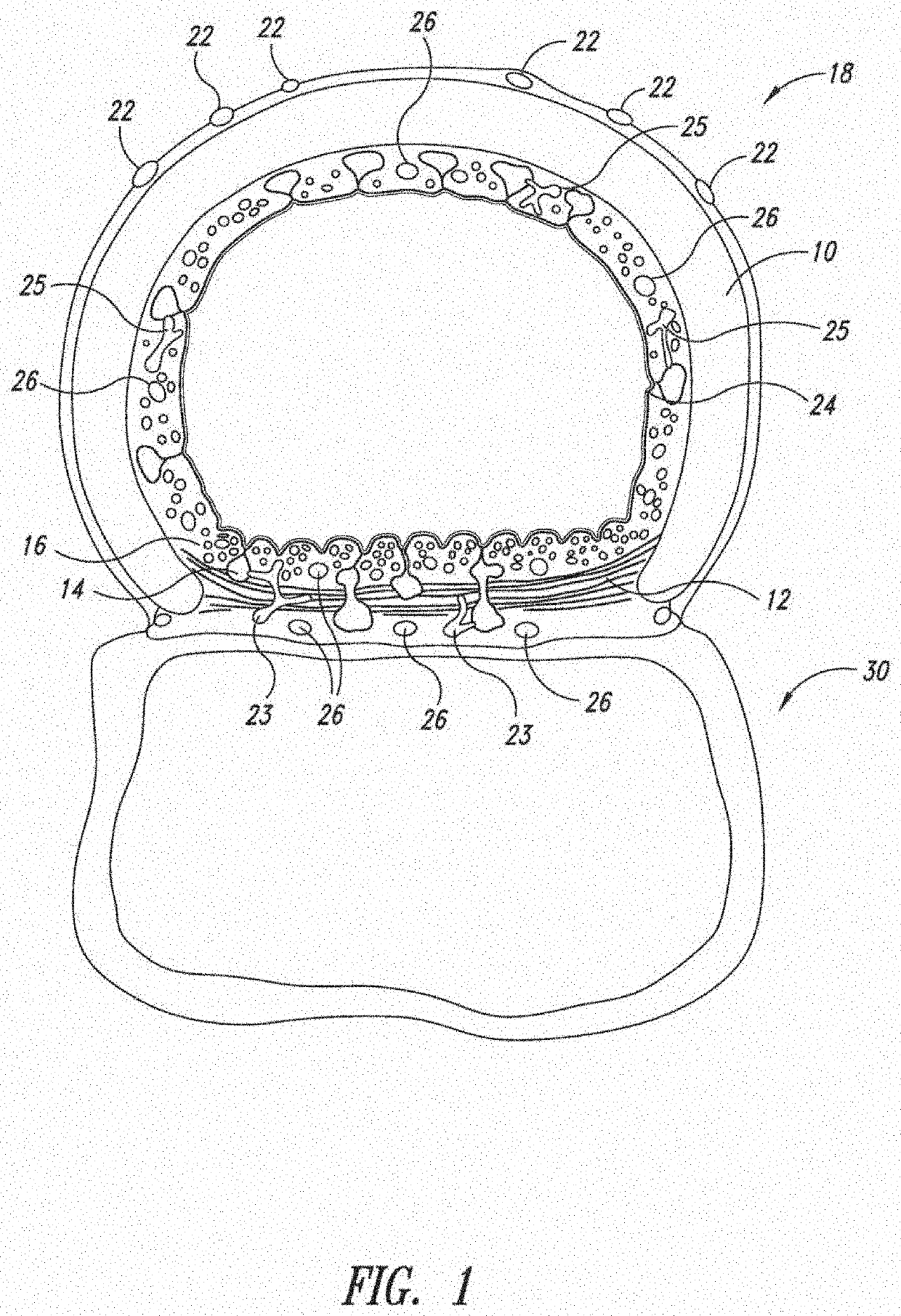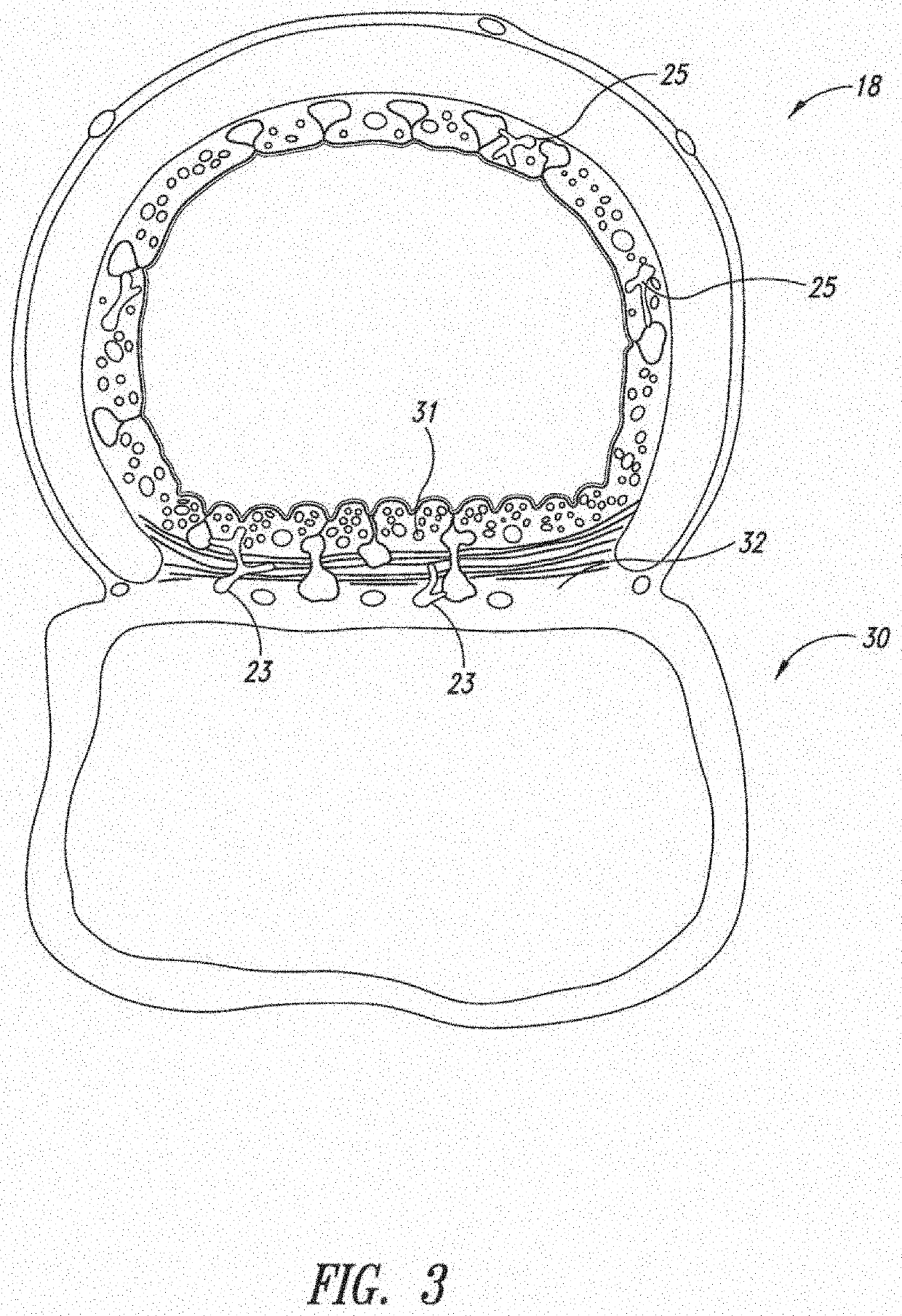System and method for pulmonary treatment
a pulmonary disease and system technology, applied in the field of pulmonary diseases, can solve the problems of reducing affecting the proper respiration of the body, and affecting the overall quality of life, so as to reduce the severity of pulmonary diseases, and reduce the effect of conditions and symptoms
- Summary
- Abstract
- Description
- Claims
- Application Information
AI Technical Summary
Benefits of technology
Problems solved by technology
Method used
Image
Examples
Embodiment Construction
[0128]Throughout this disclosure, the words disrupt, ablate, modulate, denervate will be used. It should be understood that these globally refer to any manipulation of the nerve that changes the action of that nerve. This can be a total cessation of signals, as in ablation or severing, or it can be a modulation, as is done by partial or temporary disruption, pacing, etc.
[0129]Similarly, trachea is often used to describe a segment wherein the devices and methods will be used. It should be understood that this is shorthand and can be meant to encompass the trachea itself, as well as the right and left main bronchi and other portions of the pulmonary tree as necessary.
[0130]It should be noted that the pulmonary nerves referred to in the disclosure not only include nerves that innervate the pulmonary system but also any neural structures that can influence pulmonary behavior. For example, elements of the cardiac plexus, or the nerves that innervate the esophagus, also interact with the ...
PUM
 Login to View More
Login to View More Abstract
Description
Claims
Application Information
 Login to View More
Login to View More - R&D
- Intellectual Property
- Life Sciences
- Materials
- Tech Scout
- Unparalleled Data Quality
- Higher Quality Content
- 60% Fewer Hallucinations
Browse by: Latest US Patents, China's latest patents, Technical Efficacy Thesaurus, Application Domain, Technology Topic, Popular Technical Reports.
© 2025 PatSnap. All rights reserved.Legal|Privacy policy|Modern Slavery Act Transparency Statement|Sitemap|About US| Contact US: help@patsnap.com



